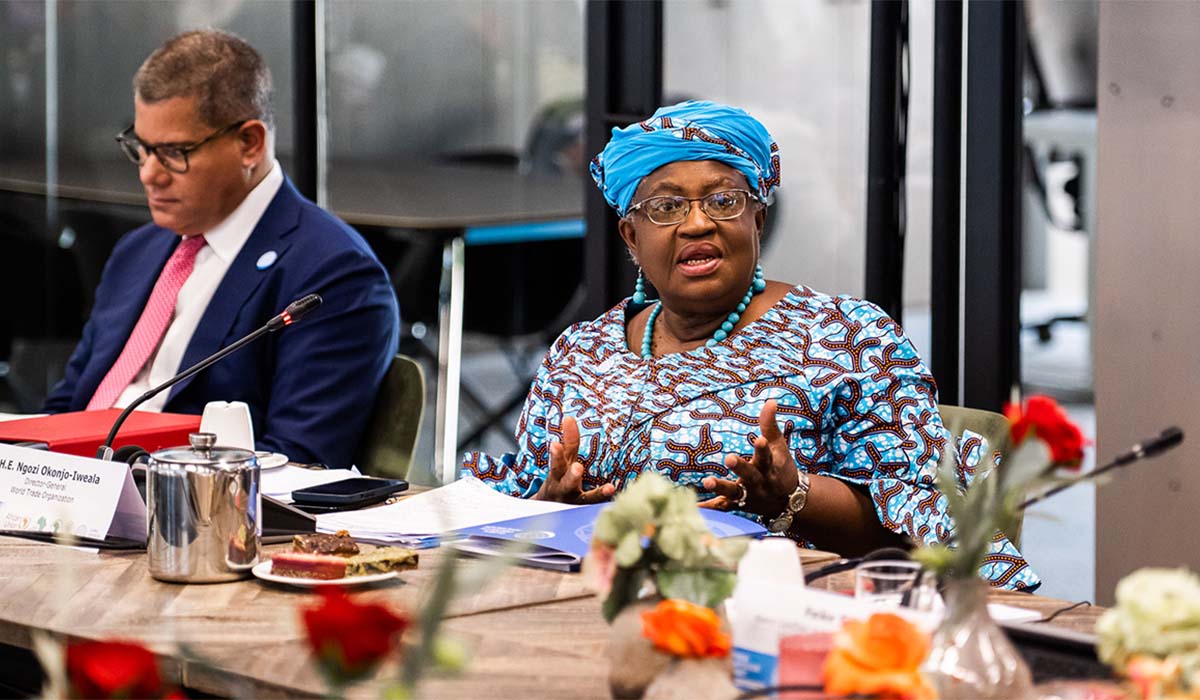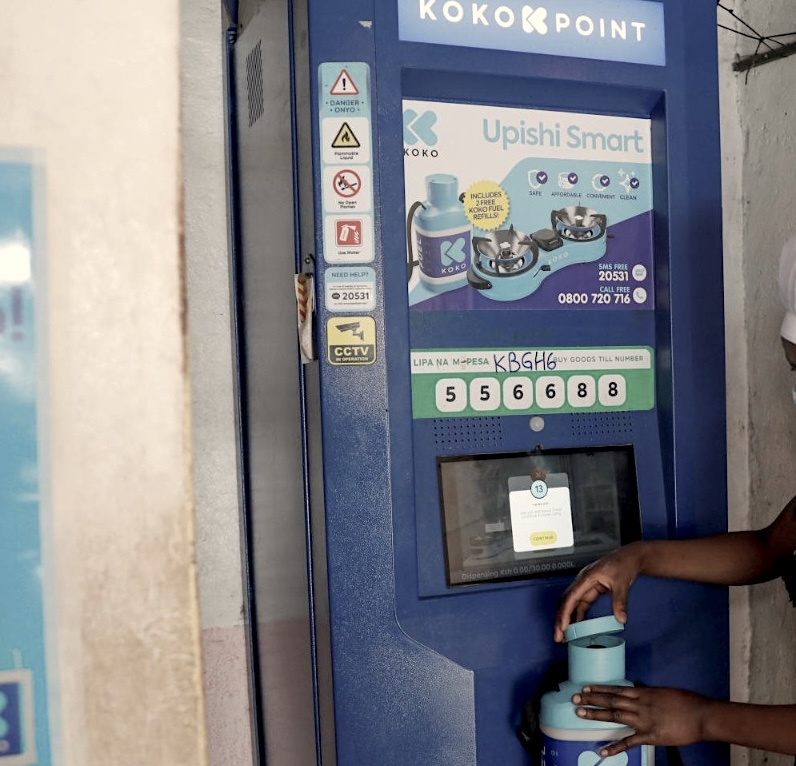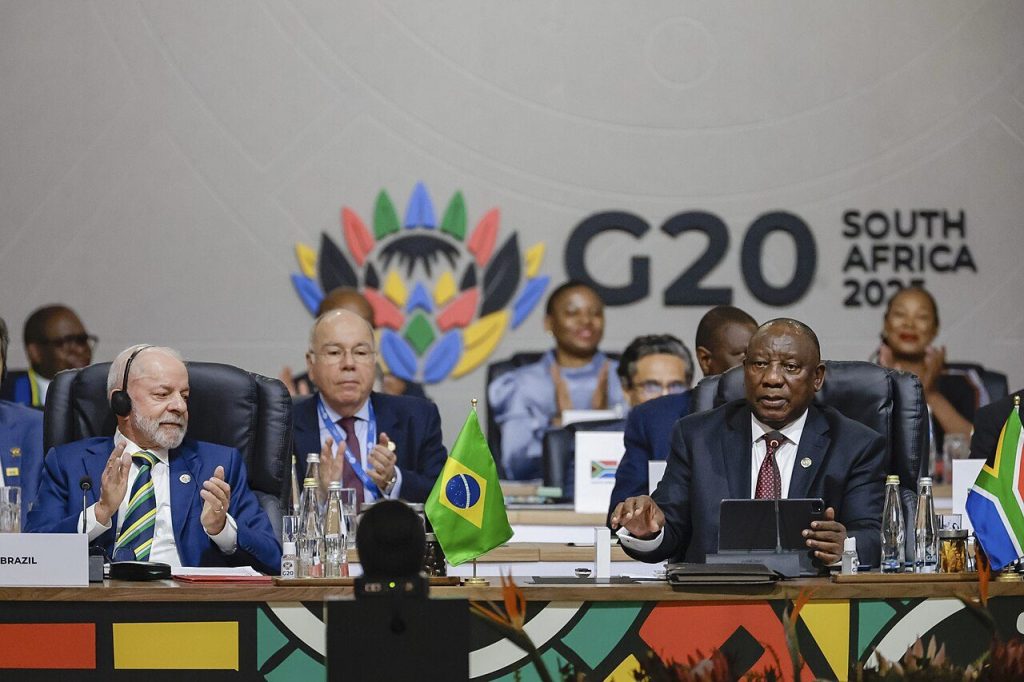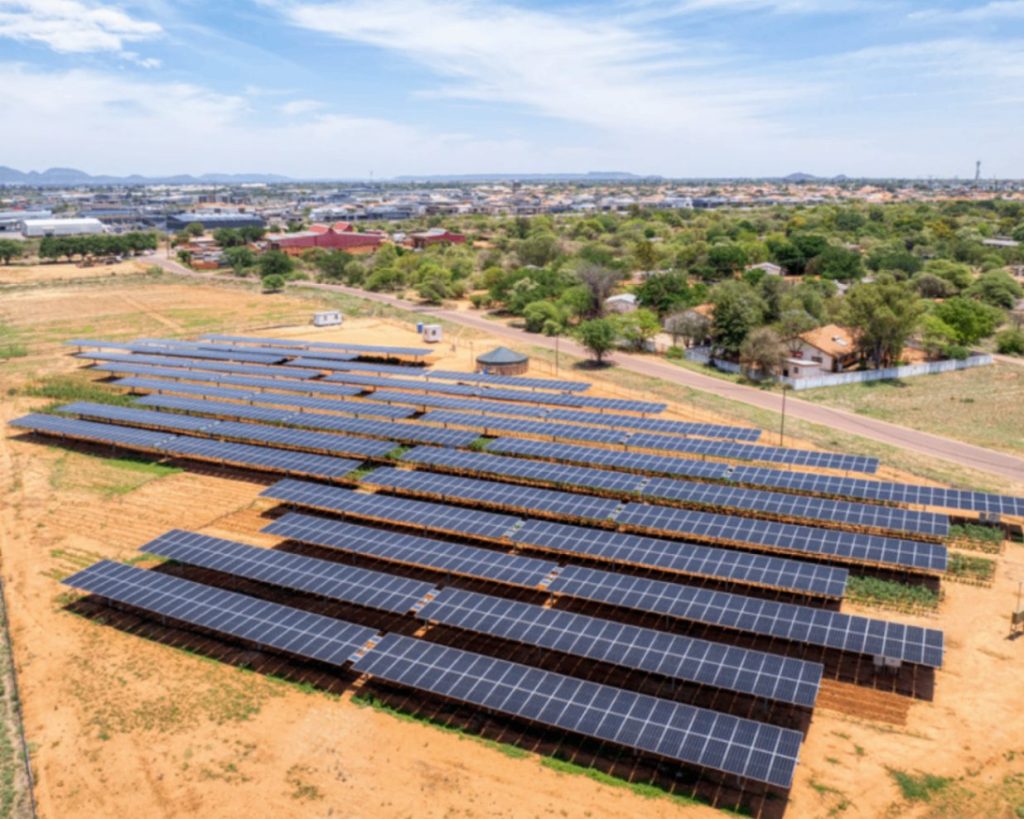The head of the World Trade Organisation (WTO), Ngozi Okonjo-Iweala, has called for every country to introduce a carbon price, for example a carbon tax or emissions trading scheme (ETS), to prevent “difficult and problematic” disputes on environmental measures from disrupting trade.
In a recent interview with the Financial Times, she stated that the WTO was working with the International Monetary Fund, the OECD and the United Nations, for a global carbon pricing system. The disputes she refers to include spats over the European Union’s Carbon Border Adjustment Mechanism (CBAM), which aims to level the playing field between domestic producers of high carbon goods which have to pay for carbon emissions under the bloc’s ETS, and like imported products. It also seeks to prevent carbon leakage where EU firms move abroad to manufacture in countries that do not have a carbon price. It has already invoked the ire of developing countries with some threatening to lodge a WTO dispute. The EU has strongly defended the measure and has sent delegations worldwide to support countries to develop their own carbon markets.
Okonjo-Iweala predicts that these types of measures will only grow in number and that litigation, which will be “quite difficult and problematic.” For this reason, the WTO is pushing to develop a “global framework that is interoperable…so that we can limit the trade litigation frictions that would come”.
But to do this, countries need to be aligned on the role of the WTO in climate related trade measures and what in fact counts as such a measure. Finally, the WTO has started to broach this issue more formally within its deliberations, including in a recent thematic session in the Committee on Trade and Environment on Climate Change and Trade Related Measures on 10 October. In a pre-meeting note, the WTO Secretariat acknowledged the integral relationship between various climate measures and trade, such as specifications and other climate related technical requirements, measures relating to carbon pricing and market mechanisms and support programmes such as incentives for climate friendly technologies. Without making any definitive findings on any specific measure, the Secretariat nevertheless acknowledged that trade related climate measures can pose particular challenges for developing countries. These include insufficient phase-in/transition periods, a lack of financial capacity, and inadequate technical and digital infrastructure to adapt to new regulations by third countries while remaining competitive. This applies not only to prominent issues such as the CBAM but also to labelling requirements and obtaining historical data on land use change. For example many African countries are particularly challenged in their ability to comply with the EU’s new deforestation laws due to come into operation soon.
While formal dialogue on these issues remains elusive, the WTO is finally assuming a leadership role in seeking to guide discussion on the design and introduction of climate related trade measures, and how these might impact vulnerable countries and trade more broadly. Okonjo-Iweala’s proposal for all countries to adopt a global framework on carbon pricing is theoretically attractive but poses numerous economic and administrative challenges for developing countries, particularly those in Africa, that need to be interrogated before simply assuming that carbon pricing in the form of an ETS or carbon tax is always beneficial or effective.





